Volunteer with Us
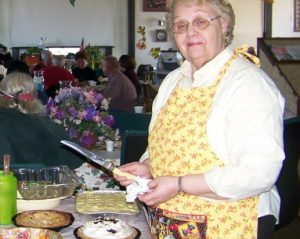
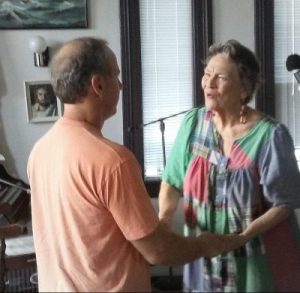

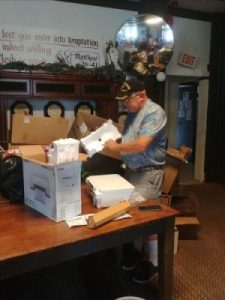
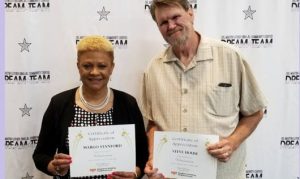
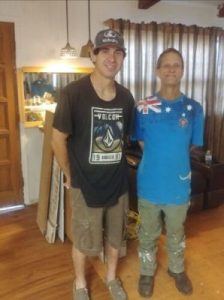
Did you know The Ark is run solely by volunteers? Join our team!
Our volunteers are the heartbeat of The Ark of Faith. We have ongoing volunteer opportunities and something to fit your skills and time constraints. Examples of volunteer roles include kitchen helpers, office workers, maintenance and grounds, class leaders and coffeehouse hosts and performers.
What our volunteers say:
Knowing the time I give monthly to The Ark helps the wonderful people there to help those in need is so gratifying. Love being a part of The Ark team!
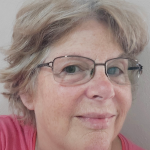
Ann C.
Technology VolunteerContact us to learn more about volunteer opportunities.
Our Services
Meals for the Hungry.

Meals for the Hungry (no charge, Tu-Wed-Th) 10 AM – 2 PM at our interim location, 429 E. Broadway.
Lamplighter Coffeehouse.

Food, fellowship and fun, not to mention music happen on alternating Fridays at our interim location, 8 – 10 pm. All are welcome.
Special Programs.

The Ark sponsors special programs and speakers throughout the year. We also do annual programs for kids, including Back-to-School Supplies and the Teen Christmas Shoppe.
Classes & Programs.

Update 2023: Ark classes have been suspended temporarily while we rebuild after our fire in March 2022.
>Click to See the List of Classes
Life Skills Courses
Deaf Signing
Adult Anger Management*
Teen Anger Management*
Domestic Violence Prevention*
Teen and Pre-teen Suicide Prevention
Veterans Post Traumatic Stress Disorder (PTSD) DIscussions
Veterans Guitar Class
*meets court and social service requirements and your workers are aware of these cancellations
Pastoral Services.
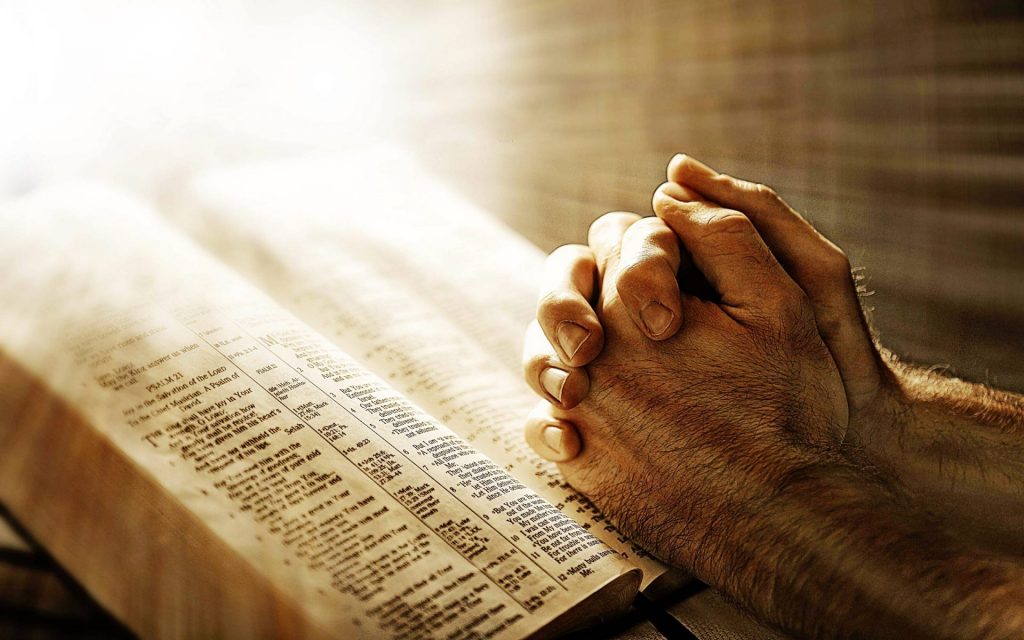
Prayer-by phone or email
Counseling by phone or email
Hospital Chaplains
Prison Ministry
About Us
The Ark of Faith Foundation, Inc. is a 501(c)(3) nonprofit service organization whose primary purpose is to meet the basic survival needs of the disadvantaged population of Muskogee and the surrounding area.
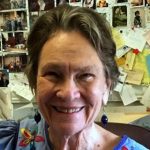
As a young widow in 1980, Sally Weiesnbach founded the Ark of Faith. With God’s guidance, the support of friends and the community, the Ark has navigated its way through storms and to mountaintops by holding fast to the Matthew 25 scriptures that describe its mission to help.
Our Buildings
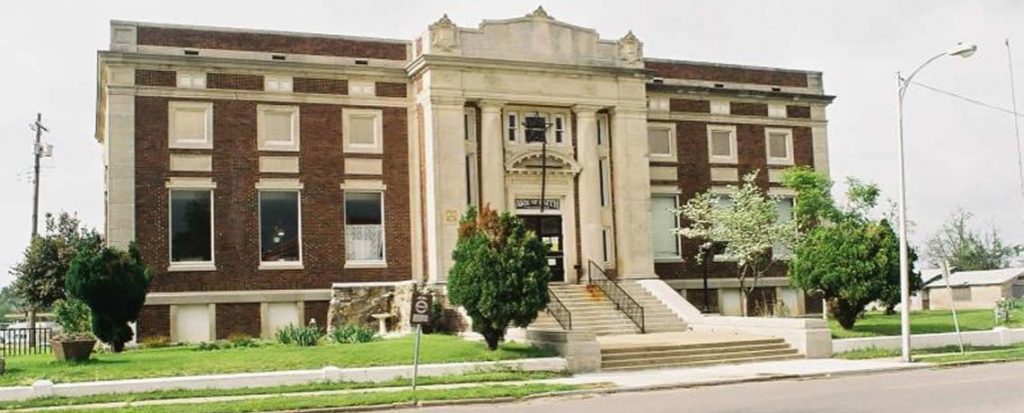
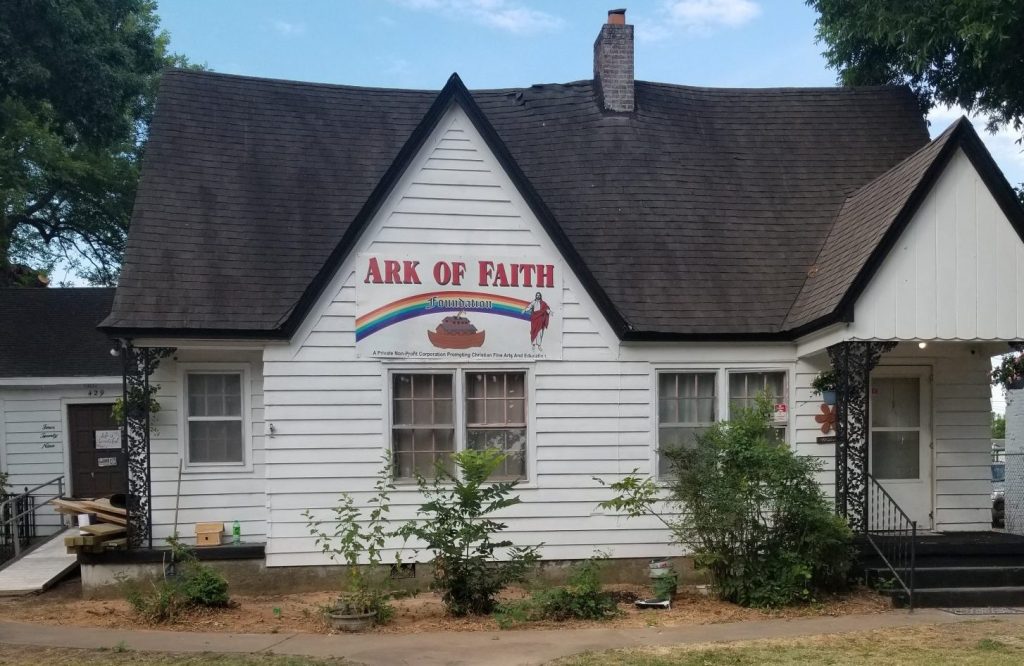
The Ark of Faith Building at 401 E. Broadway in Muskogee was originally a Carnegie Library and was donated to The Ark in 1981.
On March 7 2022, the historic Ark building burned due to an electrical fire. The Ark acquired a small facility “The Lifeboat,” to house programs while the Ark building is being renovated. The Lifeboat is three doors down from our original building at 429 E. Broadway.
Read more about the Ark fire in the Muskogee Phoenix.
Ark Board of Directors
- Mark Dieman, President
- Mike Linney, VP
- Garry Weiesnbach 2nd VP
- Treasurer – open
- Secretary, Kay Grant
- Technology, Sam Stokes
- Publications, Sharee Wells
Help Us Rebuild
building fund and progress updates



The government of Haiti estimated that 250,000 residences and 30,000 commercial buildings had collapsed or were severely damaged. There has been a history of national debt, prejudicial trade policies by other countries, and foreign intervention into national affairs that contributed to the pre-existing poverty and poor housing conditions that exacerbated the death toll.
Haiti, Haiti, the further I am from you, the less I breathe. Haiti, I love you, and I will love you always. Always.
Jean-Bertrand Aristide
The earthquake caused major damage in Port-au-Prince, Jacmel and other settlements in the region. Notable landmark buildings were significantly damaged or destroyed, including the Presidential Palace, the National Assembly building, the Port-au-Prince Cathedral, and the main jail.
Among those killed were Archbishop of Port-au-Prince Joseph Serge Miot, and opposition leader Micha Gaillard. The headquarters of the United Nations Stabilization Mission in Haiti , located in the capital, collapsed, killing many, including the Mission’s Chief, Hédi Annabi.
Originally inhabited by the indigenous Taíno people, Spain first became aware of the island on 5 December 1492 during the first voyage of Christopher Columbus across the Atlantic. When Columbus initially landed in Haiti, he had thought he had found India or Asia. On Christmas day, Columbus’ flagship the Santa Maria, ran aground north of what is now Limonade. As a consequence, Columbus ordered his men to salvage what they could from the ship, and he created the first European settlement in the Americas, naming it La Navidad after the day the ship was destroyed.
Volunteer with Us!
text
Education began in prehistory, as adults trained the young in the knowledge and skills deemed necessary in their society. In pre-literate societies this was achieved orally and through imitation. Story-telling passed knowledge, values, and skills from one generation to the next. As cultures began to extend their knowledge beyond skills that could be readily learned through imitation, formal education developed. Schools existed in Egypt at the time of the Middle Kingdom.
The only person who is educated is the one who has learned how to learn and change.
Carl Rogers
A right to education has been recognized by some governments, including at the global level: Article 13 of the United Nations’ 1966 International Covenant on Economic, Social and Cultural Rights recognizes a universal right to education. In most regions education is compulsory up to a certain age.
![]() Plato founded the Academy in Athens, the first institution of higher learning in Europe. The city of Alexandria in Egypt, established in 330 BCE, became the successor to Athens as the intellectual cradle of Ancient Greece. There, the great Library of Alexandria was built in the 3rd century BCE. European civilizations suffered a collapse of literacy and organization following the fall of Rome in AD 476.
Plato founded the Academy in Athens, the first institution of higher learning in Europe. The city of Alexandria in Egypt, established in 330 BCE, became the successor to Athens as the intellectual cradle of Ancient Greece. There, the great Library of Alexandria was built in the 3rd century BCE. European civilizations suffered a collapse of literacy and organization following the fall of Rome in AD 476.
In China, Confucius (551-479 BCE), of the State of Lu, was the country’s most influential ancient philosopher, whose educational outlook continues to influence the societies of China and neighbors like Korea, Japan and Vietnam. Confucius gathered disciples and searched in vain for a ruler who would adopt his ideals for good governance, but his Analects were written down by followers and have continued to influence education in East Asia into the modern era.
After the Fall of Rome, the Catholic Church became the sole preserver of literate scholarship in Western Europe. The church established cathedral schools in the Early Middle Ages as centers of advanced education. Some of these establishments ultimately evolved into medieval universities and forebears of many of Europe’s modern universities. During the High Middle Ages, Chartres Cathedral operated the famous and influential Chartres Cathedral School.
The medieval universities of Western Christendom were well-integrated across all of Western Europe, encouraged freedom of inquiry, and produced a great variety of fine scholars and natural philosophers, including Thomas Aquinas of the University of Naples, Robert Grosseteste of the University of Oxford, an early expositor of a systematic method of scientific experimentation, and Saint Albert the Great, a pioneer of biological field research. Founded in 1088, the University of Bologne is considered the first, and the oldest continually operating university.